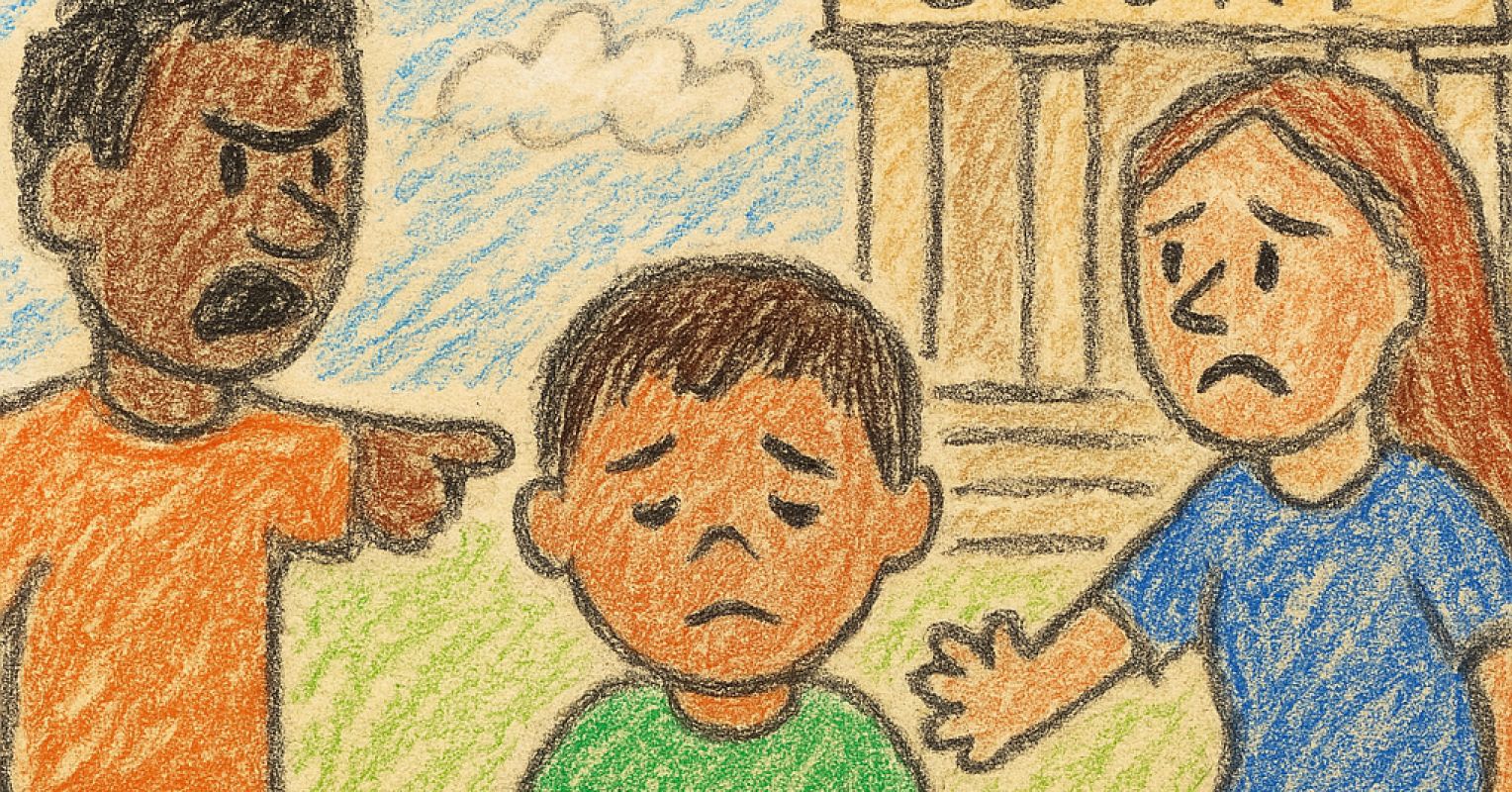
"As parents sort out where they will live and how they will share parenting responsibilities, children must navigate significant disruptions in their daily routines. During this period of adjustment, children may experience a range of emotions, including sadness, anxiety, and fear. Parents may notice a range of problems, including difficulties with sleeping, eating, school performance, and peer relationships. Younger children, in particular, may be distressed by separations from one or both parents."
"Consent to Therapy When parents are together, psychologists and other clinicians typically require consent from just one parent to initiate therapy. Generally, there is no legal requirement for both parents to consent. After separation or divorce, however, the rules depend on the type of custody arrangement: When there is a court order or agreement for joint legal custody, both parents share responsibility for making major decisions in their child's life-including whether to initiate thera"
Separation and divorce create major routine disruptions that commonly cause children to experience sadness, anxiety, fear, sleep and eating problems, academic or peer difficulties, and distress from separations. Parental tension and conflict can intensify these reactions and leave children feeling caught between parents. Therapy, including individual or group approaches, can support children's coping and adjustment. Consent rules for initiating therapy vary by custody arrangements; when parents are together only one parent's consent is typically required, but joint legal custody means both parents must participate in major decisions. Therapists may request custody documentation, and parents can use mediators or attorneys to resolve disputes.
Read at Psychology Today
Unable to calculate read time
Collection
[
|
...
]